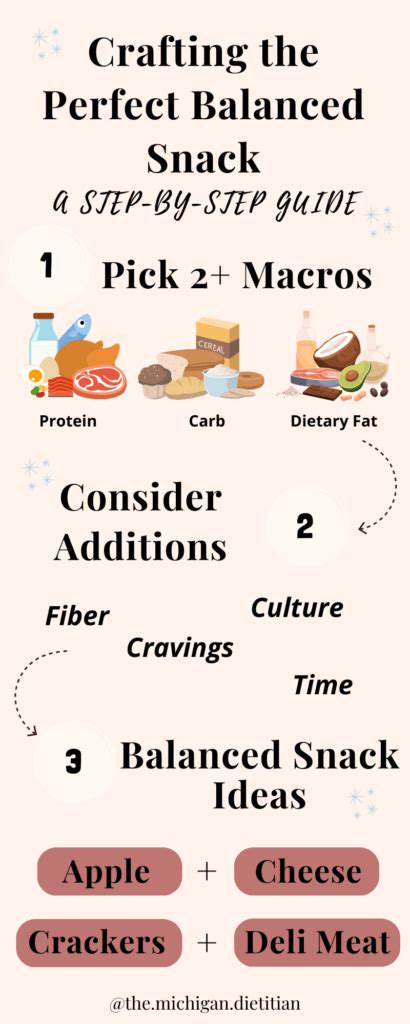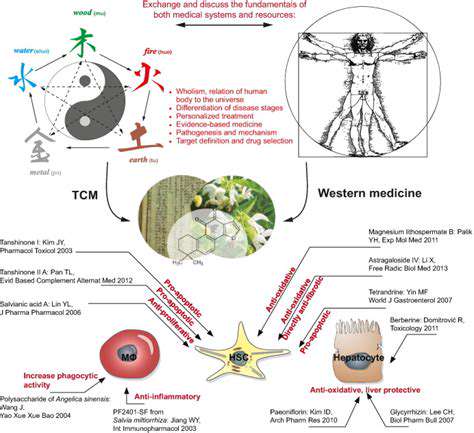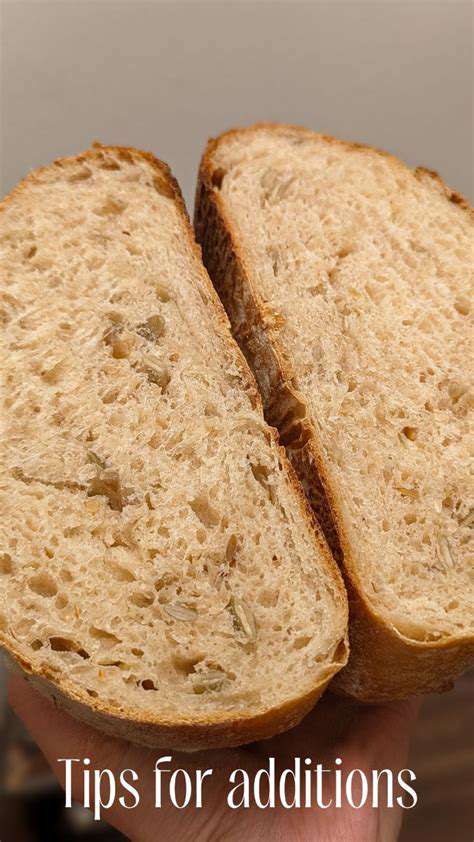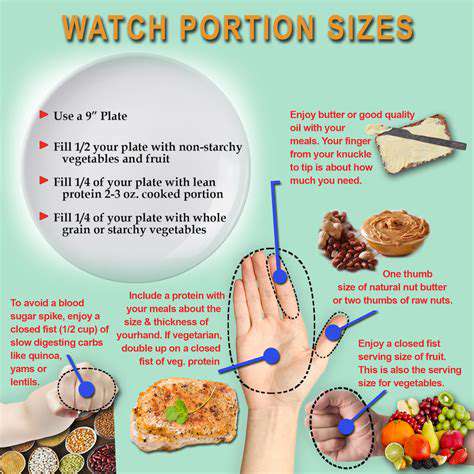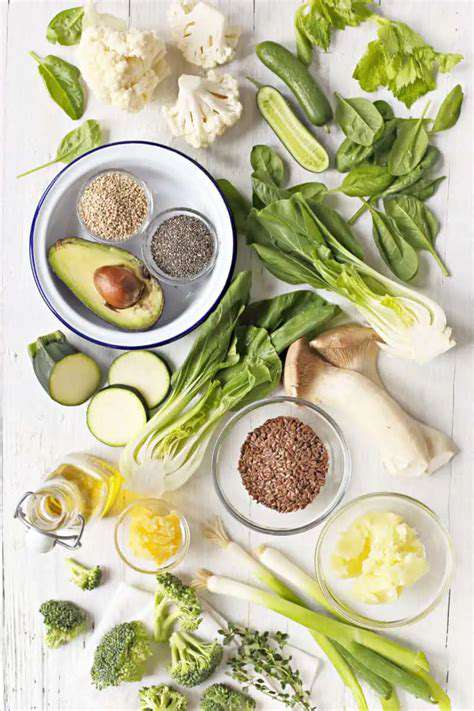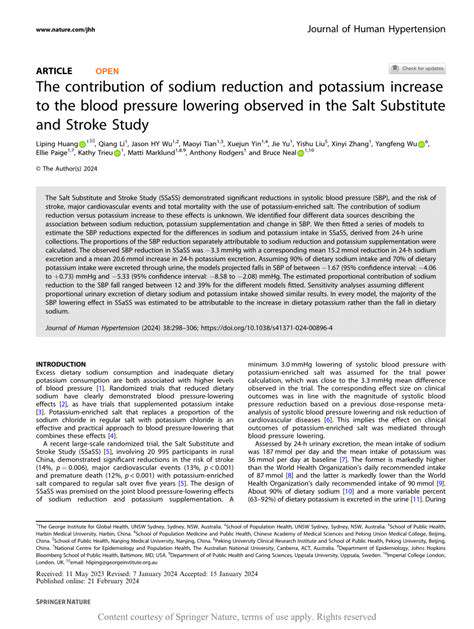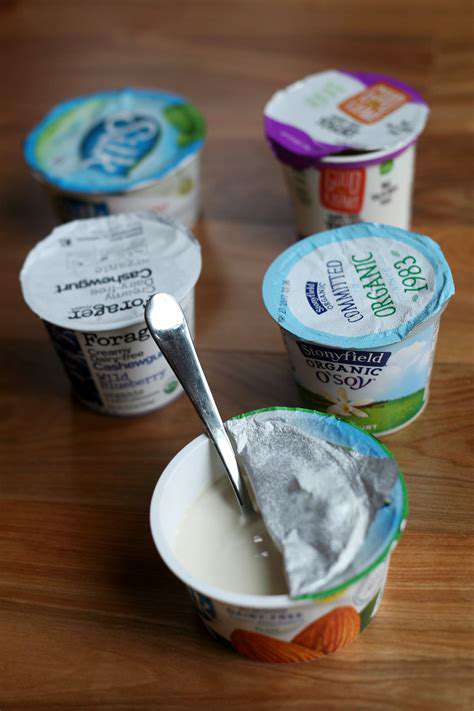Smart Snacking for Optimal Health
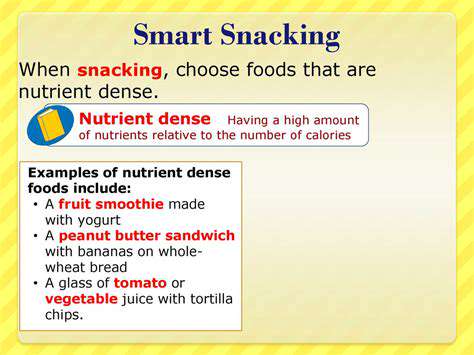
Fueling Your Body with Nutrient-Rich Choices
Snacking doesn't have to mean reaching for processed foods or sugary treats. Incorporating nutrient-dense snacks into your daily routine can significantly improve your overall health and well-being. These snacks provide essential vitamins, minerals, and antioxidants that contribute to a balanced diet and sustained energy levels throughout the day. By focusing on whole, unprocessed foods, you can satisfy your hunger while nourishing your body with the nutrients it needs.
Choosing the right snacks is crucial for maintaining healthy eating habits. Nutrient-dense options often come from fruits, vegetables, and lean proteins, helping to curb cravings and prevent overeating. They provide a satisfying feeling of fullness, preventing the energy crash that often follows less nutritious snack choices.
The Power of Protein and Fiber
Protein-rich snacks are essential for muscle repair and growth, promoting satiety and preventing hunger pangs. A handful of almonds, a Greek yogurt with berries, or a hard-boiled egg are excellent examples of protein-packed snacks. These options help keep you feeling full for longer periods, preventing the energy dips that often occur after a less substantial meal or snack.
Fiber-rich foods are equally important for digestive health and maintaining stable blood sugar levels. Fruits like apples and pears, or vegetables like carrots and celery, are great examples of snacks that are high in fiber. Fiber promotes healthy digestion, aids in weight management, and helps regulate blood sugar levels. Including fiber-rich snacks in your diet can contribute to a more balanced and sustainable approach to nutrition.
Combining protein and fiber in your snacks is ideal for maximizing their benefits. A small portion of nuts with a piece of fruit or a handful of edamame with a few slices of cucumber can create a satisfying and nutritious snack that provides sustained energy and promotes overall health. This combination can significantly contribute to a healthier and more balanced diet, especially when it comes to snacking.
Exploring Delicious and Diverse Options
Beyond the basics, there's a wide array of delicious and nutritious snacks to explore. Leafy greens, such as spinach or kale, can be a refreshing and healthy addition to your snack repertoire. These options can be enjoyed raw or lightly sautéed, providing a boost of vitamins and minerals to your diet.
Seeds, such as chia or flax seeds, are excellent sources of healthy fats and fiber. They can be sprinkled on yogurt, oatmeal, or even salads, adding a nutritional punch to your snacking routine. These snacks offer a wide variety of flavor profiles and can be incorporated into various dishes, from breakfast bowls to afternoon snacks.
Even some whole grains, like popcorn or air-popped rice cakes, can be part of a nutrient-dense snacking strategy. These options offer a satisfying crunch and can be enjoyed with a variety of toppings, such as nuts, seeds, or even a sprinkle of cinnamon. These options are a great way to add a satisfying crunch and a dose of healthy carbs to your snacking routine.
Inventory management is a critical aspect of any business, directly impacting profitability and customer satisfaction. Fluctuations in demand, supplier lead times, and unexpected events can significantly disrupt inventory levels, leading to either stockouts or excess inventory. Simulation provides a powerful tool to model these complexities and test various scenarios without incurring real-world costs or risks. By replicating historical data and incorporating potential future uncertainties, businesses can gain valuable insights into optimal inventory levels and predict potential issues before they arise.
